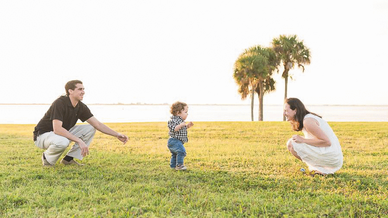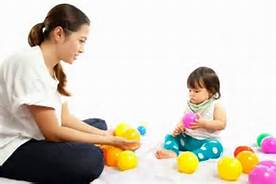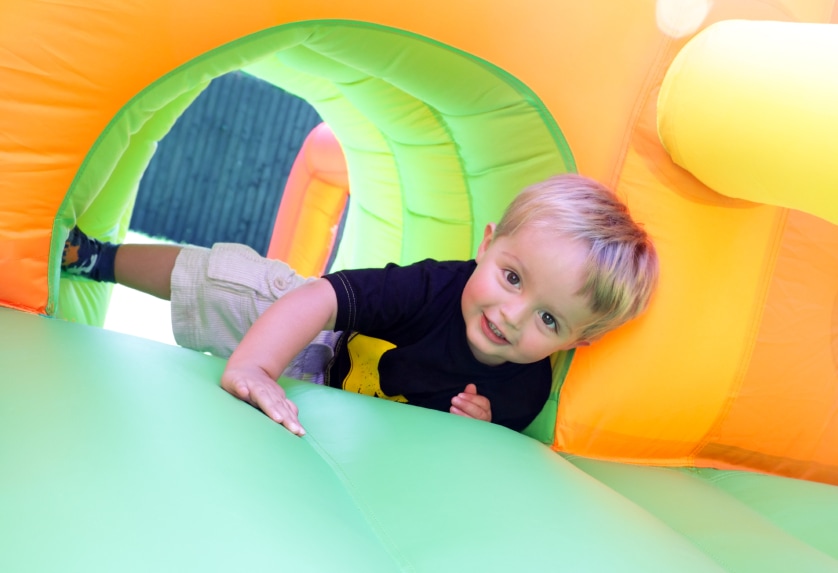
"First Steps"
Individual Infant/Toddler Program
Individualized therapies tailored to meet the specific goals identified by a child and their family. The therapy can be viewed as a functional way to develop new skills and enhance participation in daily routines at home, school and in the community.
This program is designed to meet the unique needs of children with global delays throughout the pediatric lifespan. As children age, their roles change, as do their needs for certain functional abilities. The program offers support gross motor, fine motor, speech & language, cognition, sensory, adaptive/self-care and social activities are all incorporated within each visit to support a balanced intervention session.
In-homeExplore the senses and support visual and auditory development with tummy time, light play, baby first songs, story time, and more. This session includes parent discussion time to help learn about your child's development, and to understand the goals of the session.
|
In Center
Encouraged development through play and learning with activities designed to support your child's growth at his or her own individual pace. From sensory stimulation to problem-solving games and storytelling, our sessions use play-based activities to enhance the overall learning process for the body and mind.
|
In the Community
Parks, preschool, church, restaurants, and many other public places are considered key learning locations. Social communication and small social group activities to support and enhance your child's social skills in order to prepare your child for pre-school and to become a confident and curious learner!
|
The Natural Environment
Providing services in natural environments is not just the law, but more importantly, it reflects the core mission of early intervention, which is to support families to provide learning opportunities for their child within the activities, routines, and events of everyday life; Early intervention should be a truly family-centered process that ensures young children with disabilities and their families receive early intervention services and supports as part of their daily routines and activities; A child’s parents and other family members are usually the primary individuals supporting and nurturing the child’s growth, development and learning. Appropriate to their needs, young children with disabilities have a right to receive services in the natural settings of their home or places in which children without disabilities participate in order to increase the opportunities for all children to learn,play, and interact together.
Providing services in natural environments is not just the law, but more importantly, it reflects the core mission of early intervention, which is to support families to provide learning opportunities for their child within the activities, routines, and events of everyday life; Early intervention should be a truly family-centered process that ensures young children with disabilities and their families receive early intervention services and supports as part of their daily routines and activities; A child’s parents and other family members are usually the primary individuals supporting and nurturing the child’s growth, development and learning. Appropriate to their needs, young children with disabilities have a right to receive services in the natural settings of their home or places in which children without disabilities participate in order to increase the opportunities for all children to learn,play, and interact together.



